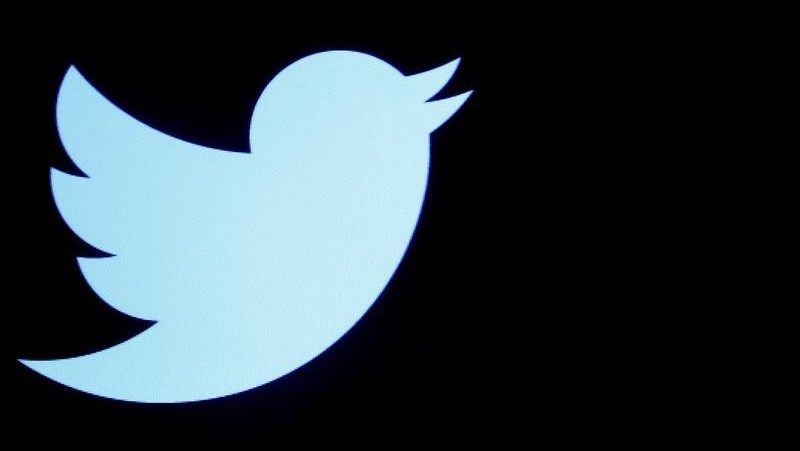
In line with its efforts to curb abuse and harassment of users on its platform, Twitter has now selected two research projects that aim to develop metrics to measure the “health” of public conversation.
“An update! We’ve selected 2 partners from 230 idea submissions. Our first goal is working to measure the ‘health’ of public conversation, and that measurement be open and defined by third parties (not by us),” Twitter CEO Jack Dorsey said in a tweet on Monday.
Earlier this year, the microblogging site said it would work to increase the collective health, openness, and civility of the dialogue on its service.
As part of these efforts, Twitter initiated a programme to suspend millions of fake accounts and in June announced the acquisition of Smyte, a San Francisco-based technology company that specialises in safety, spam, and security issues.
One of the two projects that the social network has now selected will be led by a political science professor at Leiden University in the Netherlands.
This project will develop two sets of metrics: how communities form around political discussions on Twitter, and the challenges that may arise as those discussions develop, Twitter said in a blog post.
The Leiden-led project will primarily focus on two key challenges: echo chambers and uncivil discourse.
Based on their past findings, echo chambers, which form when discussions involve only like-minded people and perspectives, can increase hostility and promote resentment towards those not having the same conversation.
The project’s first set of metrics will assess the extent to which people acknowledge and engage with diverse viewpoints on Twitter.
The second set of metrics will focus on incivility and intolerance in Twitter conversations. The group has found that while incivility, which breaks norms of politeness, can be problematic, it can also serve important functions in political dialog.
In contrast, intolerant discourse – such as hate speech, racism, and xenophobia – is an inherent threat to democracy.
The team will therefore work on developing algorithms that distinguish between these two behaviours, Twitter said.
The other project will be led by scholars from the University of Oxford and the University of Amsterdam.
They will be studying how people use Twitter, and how exposure to a variety of perspectives and backgrounds can decrease prejudice and discrimination.
As part of the project, text classifiers for language commonly associated with positive sentiment, cooperative emotionality, and integrative complexity will be adapted to the structure of communication on Twitter, the microblogging site said.
“Ensuring we have thoughtful, comprehensive metrics to measure the health of public conversation on Twitter is crucial to guiding our work and making progress, and both of our partners will help us continue to think critically and inclusively so we can get this right,” Vijaya Gadde, Twitter’s Legal, Policy and Trust & Safety Lead and David Gasca, Director, Product Management, Health at Twitter wrote in the blog.
“We know this is a very ambitious task, and look forward to working with these two teams, challenging ourselves to better support a thriving, healthy public conversation,” they added.
[“Source-livemint”]

